In a Wednesday session during the company's ongoing Worldwide Developers Conference in San Jose, Apple announced a pair of changes to HomeKit meant to encourage faster adoption of the smarthome platform.
Developers can now experiment with HomeKit prototypes without obtaining an MFi (Made for iPhone/iPod/iPad) license first, according to Forbes. Devices can even mix in homebrew platforms like Arduino and Raspberry Pi — once a product is ready for commercial sale, however, it must still pass through the certification process.
An updated HomeKit specification will meanwhile allow authentication through software, instead of a dedicated chip. This should enable HomeKit on some older accessories through a simple firmware update, though in practice the processor demands of Apple's encryption may limit upgrades.
HomeKit has become a reasonably popular smarthome standard, backed by companies like Philips, IKEA, GE, and Honeywell. Support has however lagged behind Amazon's Echo speakers, which have looser encryption and certification standards for developers.
On Monday Apple revealed a direct competitor to the Echo line, the HomePod, which responds to Siri commands and can act as a HomeKit hub. A key difference is the focus on high-end audio, thanks to seven tweeters, a subwoofer, and beamforming for vocals. It should ship in December for $349.
 Roger Fingas
Roger Fingas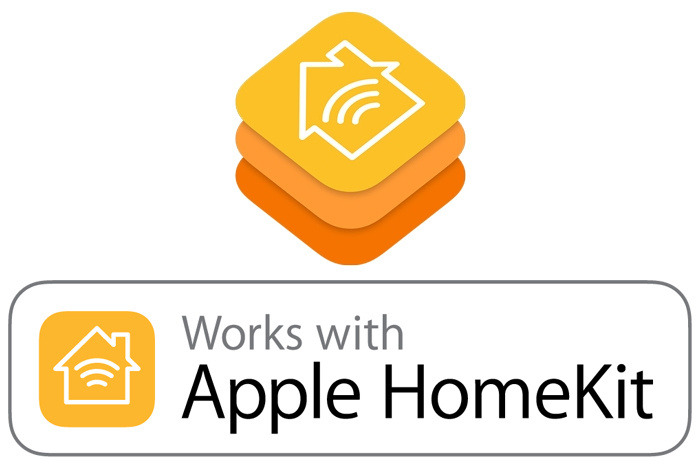







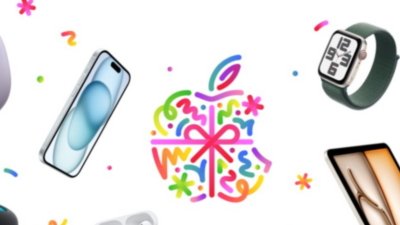
 William Gallagher
William Gallagher


 Christine McKee
Christine McKee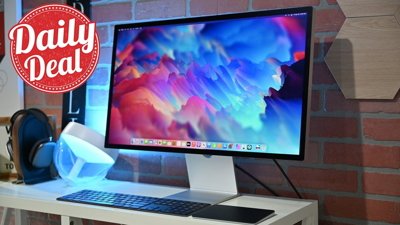
 AppleInsider Staff
AppleInsider Staff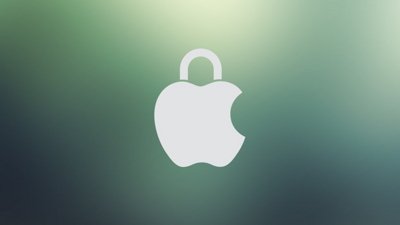
 Chip Loder
Chip Loder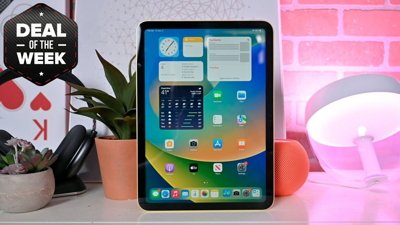
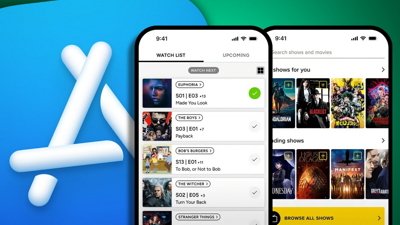
 Malcolm Owen
Malcolm Owen








27 Comments
Hopefully this will mean more commerical automation systems like Philip's Dynalite will get HomeKit bridges.
"looser encryption" is that a new "technical" term?
HomeKit ecosystem of available products lacking in this part of the world compared to the US. I also dislike how Phillips have (as far as the average consumer is concerned) currently a near monopoly on the HomeKit lightning market with so-called “starter kits” consisting of three bulbs and an unwanted customer lock-in hub for €200. WTF!? I can get three regular LED bulbs for €15. So sick of these companies ripping us off. I got to believe this is largely due to Apple making the HomeKit development process so completely onerous. Hopefully, for the consumer’s sake some of these new policies help to democratize the HomeKit lighting market.